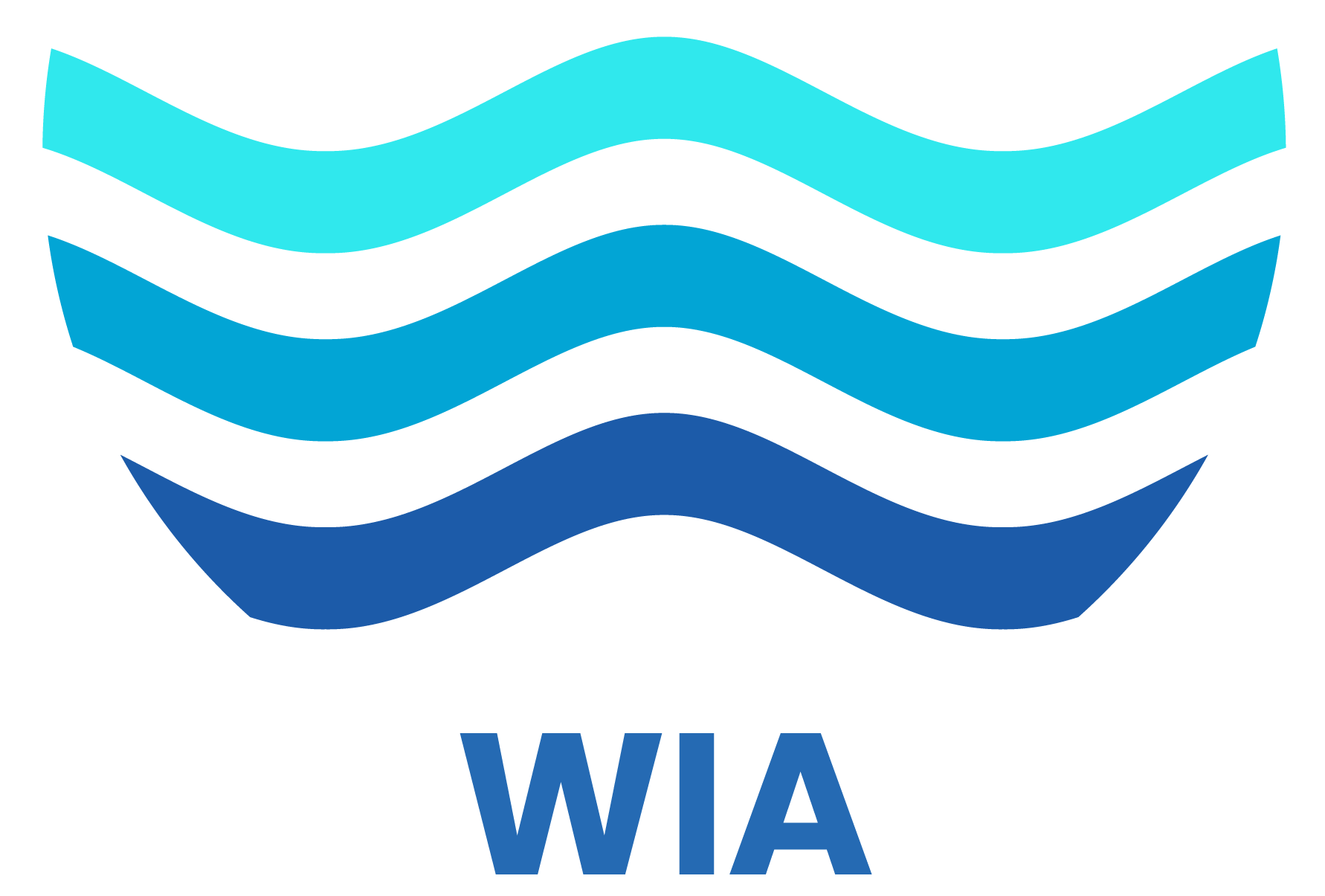Dr. Kate Brauman
Global Water Initiative at the Institute on the Environment, University of Minnesota
Lead Scientist
LinkedIn Institute on the Environment, University of Minnesota
Dr. Kate Brauman’s research quantifies and communicates how changes in nature affect human wellbeing, with a particular focus on water resources. Building on approaches from hydrology, land use change science, economics, and policy, Brauman is a thought leader in the field of ecosystem services. She served as a Coordinating Lead Author for the Global Assessment of the Intergovernmental Platform on Biodiversity and Ecosystem Services (IPBES) and is current a Lead Author for a United Nations Environmental Programme (UNEP) Global Synthesis Report. Her paper, “The Nature and Value of Ecosystem Services: A focus on hydrology” in the 2007 Annual Reviews of Environment and Resources, has over 1,000 citations and is a widely used reference for both research and implementation of ecosystem services projects. More broadly, Brauman’s work quantifies how water use by people affects the environment and our ability to live well in it.
With projects at both the global and local scales, Brauman seeks to evaluate and report on environmental impacts in actionable ways. Her work quantifying the global distribution of water use in agriculture and the effects of agriculture downstream identified regions where improving the effectiveness of irrigation could increase or stabilize food supply while ensuring the delivery of a suite of complementary ecosystem services. Brauman developed that “crop per drop” work into certification criteria for Bonsucro, a certifier of sustainable sugarcane production, and she continues to collaborate with them. A metric of seasonal and drought-related water stress she developed was integrated into WWF’s Water Risk Filter. To apply these global metrics at a local scale, Brauman leads an international, interdisciplinary project funded by the US National Science Foundation and the Belmont Forum to work closely with Investment in Watershed Services projects throughout South America, evaluating their current and future effectiveness. Closer to home, Brauman was tapped by the Minnesota State Government’s Environmental Quality Board to identify relevant science for the 2020 State Water Plan focused on water and climate.
In addition to research, Brauman is committed to and skilled at communication with the general public. Following the 2019 release of the IPBES Global Assessment, Brauman spoke with a broad range of international television, radio, and print news outlets. In addition, in 2019 Brauman testified to the US Congress about the findings of the IPBES Global Assessment. In recognition of her commitment to public engagement, in 2017 Brauman was named an American Academy for the Advancement of Science (AAAS) Leshner Leadership Fellow in Science Engagement. Beginning is September 2020, Brauman will be a AAAS Science Technology Policy Fellow, serving at the US Department of Defense as a Climate and Water Security Fellow.
Brauman received her doctorate from Stanford University and her undergraduate degree from Columbia University.

